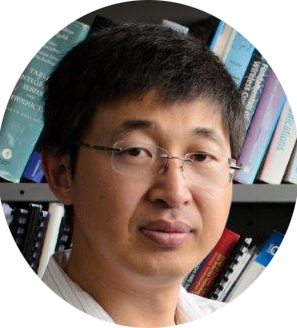 |
 |
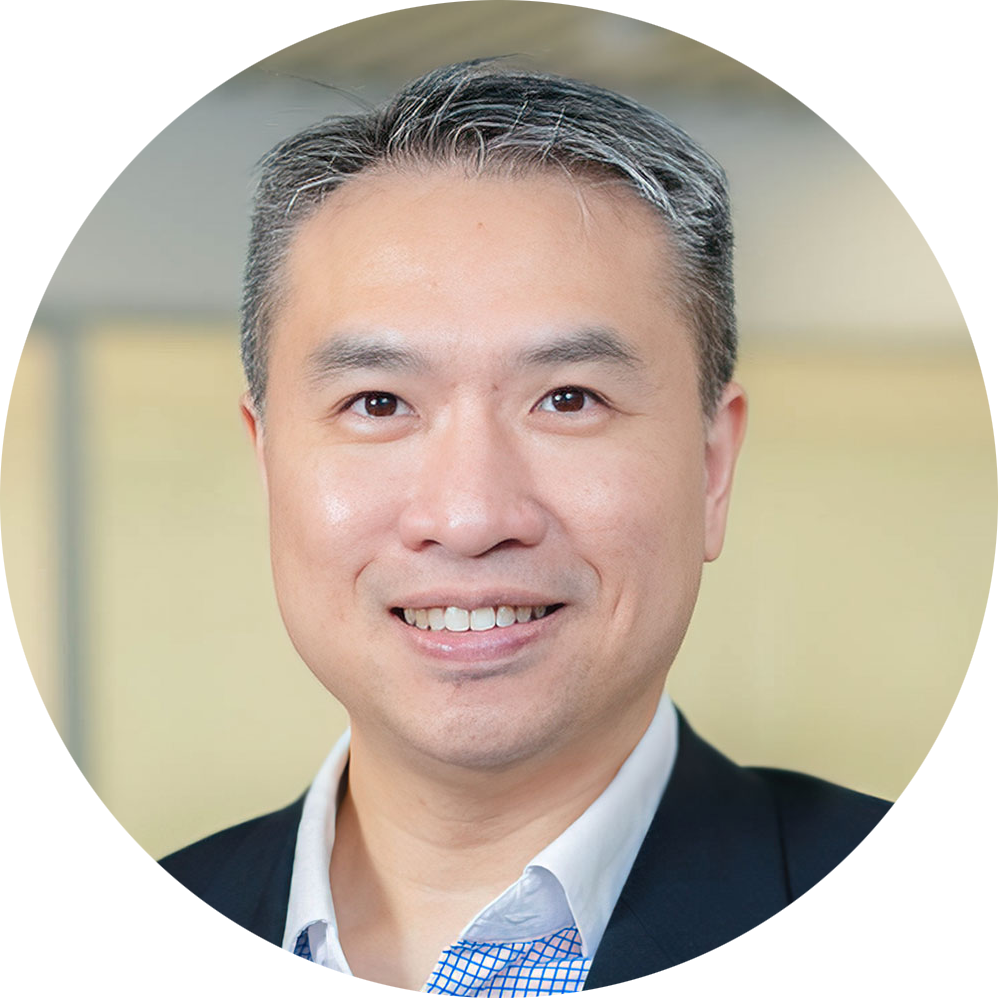 |
 |
 |
Prof. Yonghui Li
The University of Sydney, Australia
IEEE Fellow |
Prof. Leopoldo Angrisani
University of Napoli Federico II, Italy
IEEE Fellow |
Prof. Reynold Cheng
University of Hong Kong, China
Associate Dean of Engineering in the University of Hong Kong |
Prof. Francis Chin
University of Hong Kong, China
Fellow of IEEE,
HKIE and HKACE |
Prof. Wai Lun LO
Hong Kong Chu Hai College, China
Head of
Department of Computer Science
Director of Research and Curriculum
Innovation |
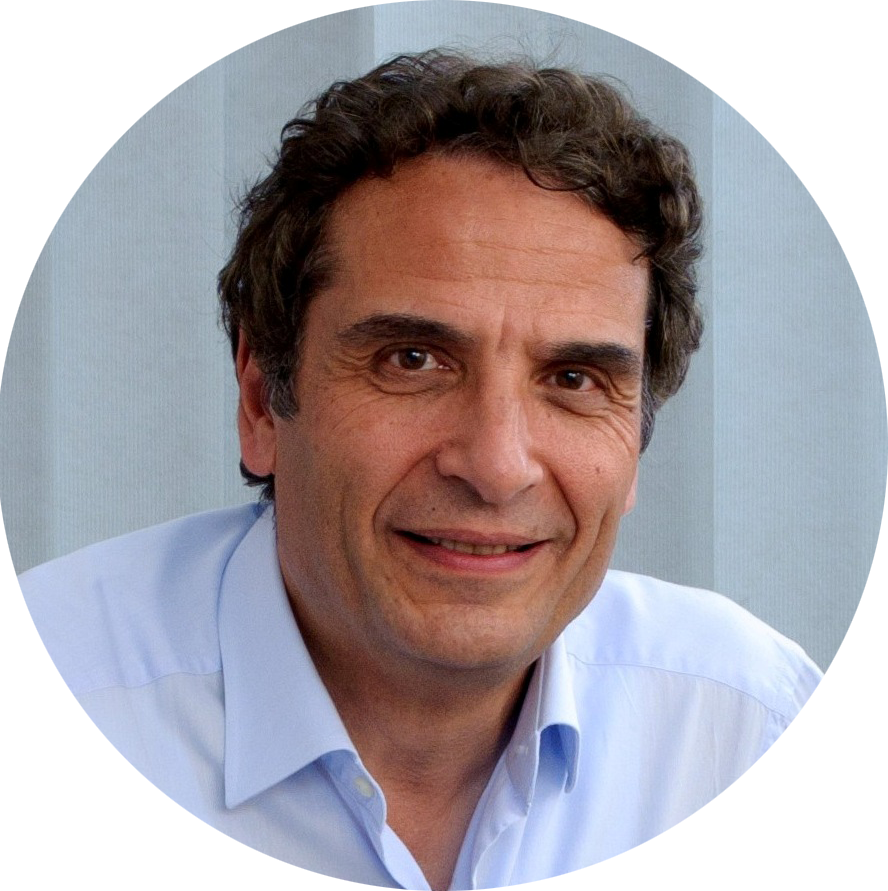 |
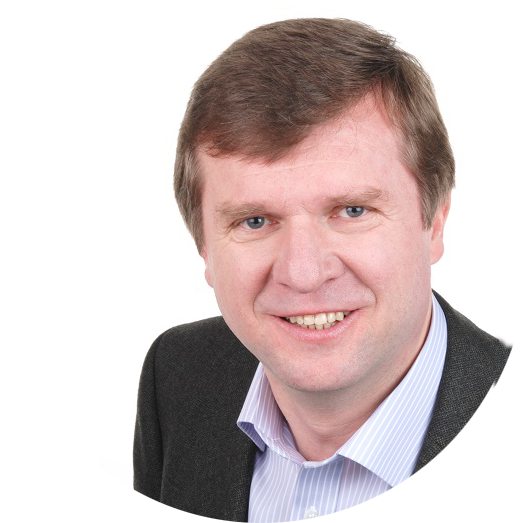 |
 |
 |
 |
Prof. Robert Minasian
The University of Sydney, Australia
IEEE Life Fellow, OSA Fellow, Fellow of The Royal Society of NSW |
Prof. Dr. Sergei Gorlatch
University of Muenster, Germany |
Akihiko K. Sugiyama
Yahoo! Japan Research, Japan |
Prof. Sam KWONG Tak Wu
Lingnan University, Hong Kong, China
Fellow of IEEE, Fellow of the US National Academy of Innovators
Fellow of
the Hong Kong Academy of Engineering and Sciences |
Prof. Qingfu Zhang
City University of Hong Kong, Hong Kong,
China
Fellow of IEEE |
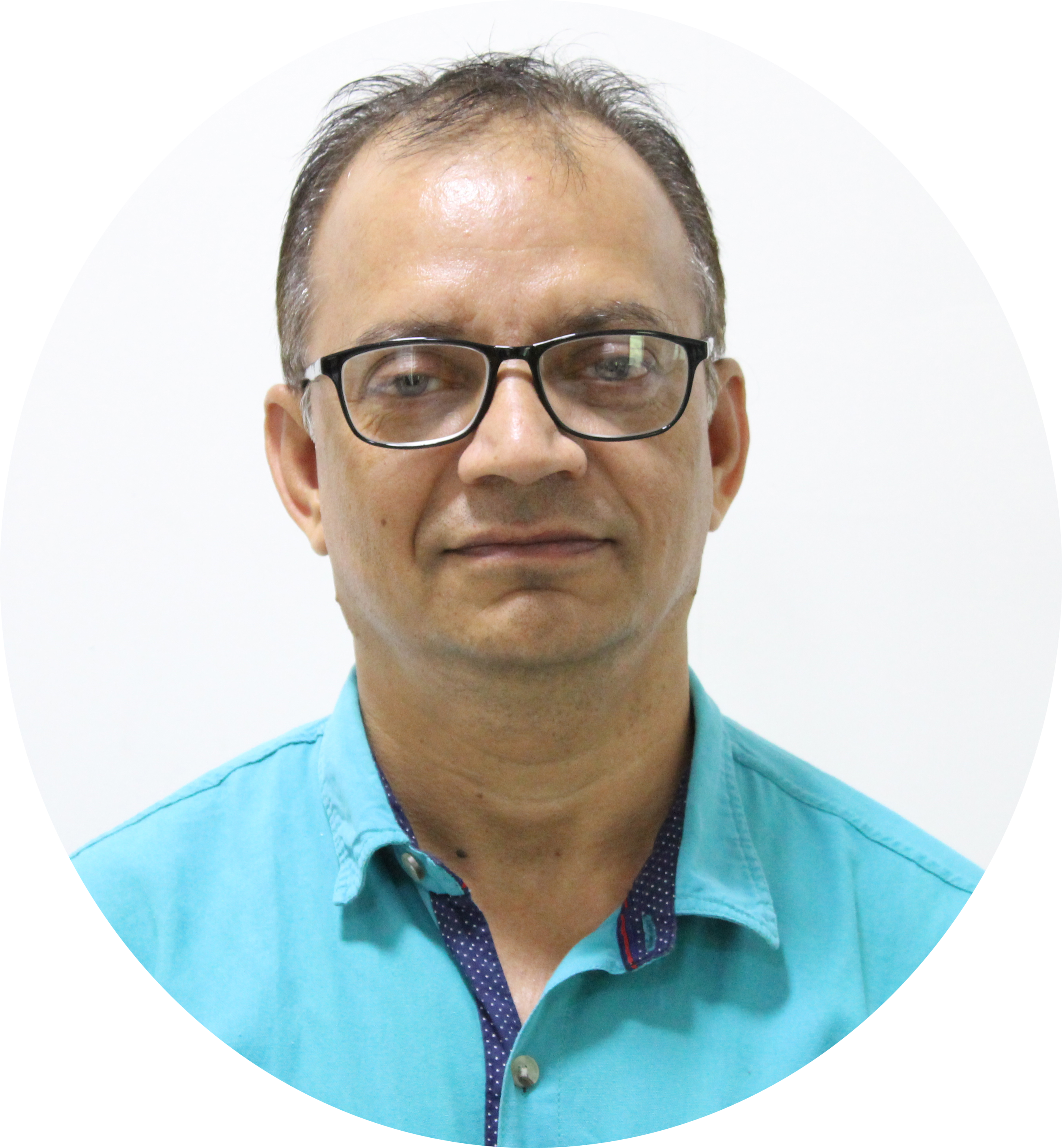 |
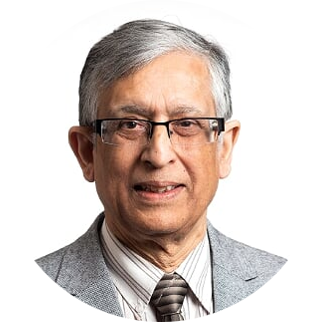 |
 |
 |
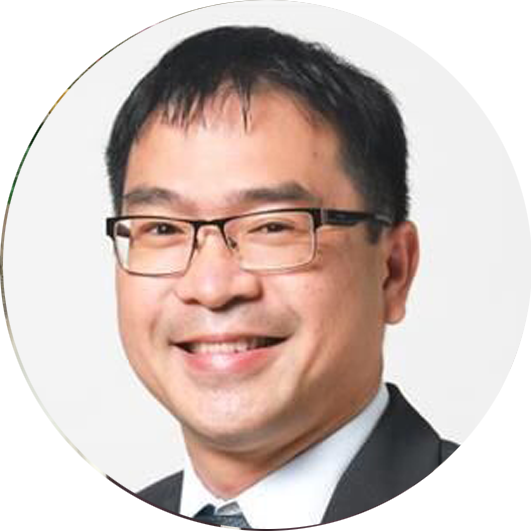 |
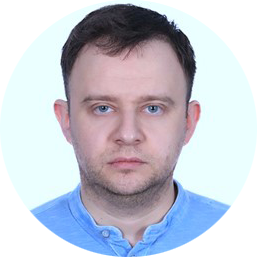 |
Prof. Sandeep Joshi
Manipal University Jaipur, India |
Prof. Abhijit Sen
Kwantlen Polytechnic University, Canada |
Prof. Ghulam Abbas, GIK Institute of Engineering Sciences and Technology, Pakistan |
Prof. A. C. M. Fong
Western Michigan University, USA |
Assoc. Prof. Poompat Saengudomlert
Bangkok University, Thailand |
Assoc. Prof. Dmitrii Kaplun
China University of Mining and Technology, China |
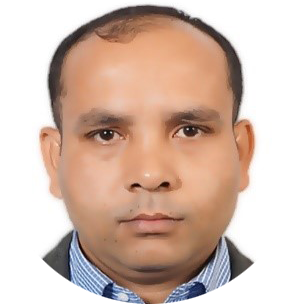 |
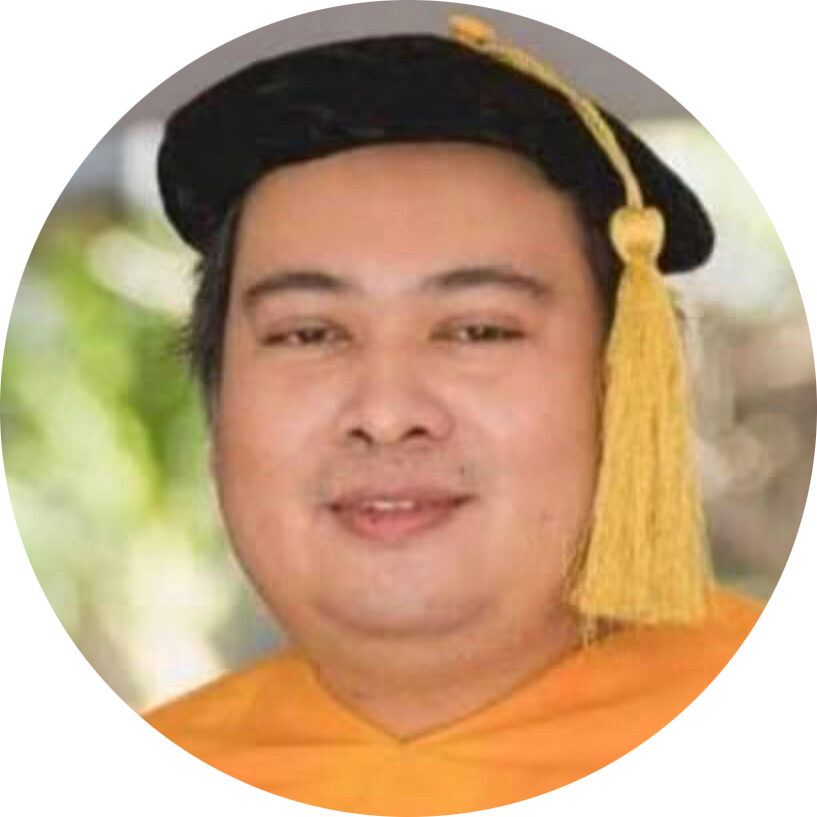 |
 |
 |
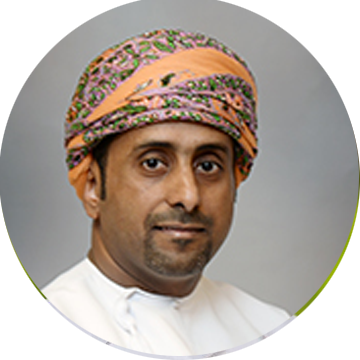 |
 |
Assoc. Prof. Moirangthem Marjit Singh
North Eastern Regional Institute of Science & Technology (NERIST), India |
Assoc. Prof. Chavis Srichan
Khon Kaen University, Thailand |
Assoc. Prof. Syed Mushhad M. Gilani
University of Agriculture, Pakistan |
Assoc. Prof. Bambang Leo Handoko
Bina Nusantara University of Indonesia, Indonesia |
Assoc. Prof. Mohammed M. Bait-Suwailam
Sultan Qaboos University, Oman |
Prof. Paulo Batista
University of Évora, Portugal |
 |
 |
 |
 |
 |
 |
Dr. Abhimanyu Mukerji
Amazon.com, Inc., United States |
Prof. Hong Lin
University of Houston-Downtown, USA |
Prof. Koen Smi
HU University of Applied Sciences Utrecht, Netherlands |
Prof. Jyotsna Kumar Mandal
University of Kalyani, India |
Prof. Chuan-Ming Liu
National Taipei University of Technology, Taiwan, China |
Prof. Yingwah Teh
University of Malaya, Malaysia |
 |
 |
 |
 |
 |
|
Assoc. Prof. Rohaya Binti Latip
Universiti Putra Malaysia, Malaysia |
Assoc. Prof. Teoh Ai Ping
Universiti Sains Malaysia, Malaysia |
Assoc. Prof. Tze Wei Liew
Multimedia University Malaysia |
Dr. Chiagoziem Chima Ukwuoma
Chengdu University of Technology, China |
Jackey Cheung
The Chinese University of Hong Kong, Hong Kong, China |
|